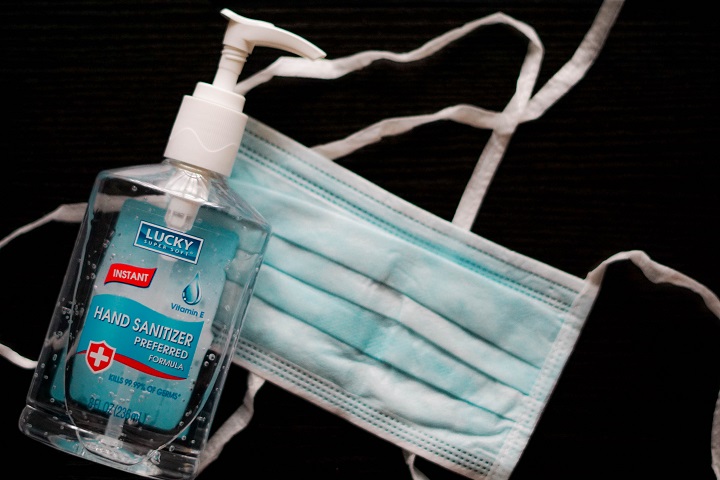Even though they are a decent other option if you don’t have soap and water to wash your hands, it should be borne at the top of the priority list that they don’t have similar viability in disposing of the coronavirus (COVID-19).
There are two kinds of disinfecting gels, even though washing hands are as yet the best choice to stay away from infection by a coronavirus (COVID-19).
Since the COVID-19 outbreak began, sales of hand sanitizers have soared. They have gotten such a looked for, after item, that drug stores and markets have started to restrict the measure of gels that clients can buy each time they visit stores.
New York State has even declared that it will begin making its hand sanitizer to satisfy a real need. Also though disinfectants can help decrease the danger of specific contaminations, not all gels are similarly compelling against coronavirus.
Similarly, as with other viral respiratory contaminations, such as the regular cold or influenza, the new coronavirus (which is called SARS-CoV-2) is spread principally through the person-to-person transmission of little, impregnated droplets of infections that are removed through the mouth or nose.
Notwithstanding, an ongoing report demonstrates that it could likewise be spread through dung.
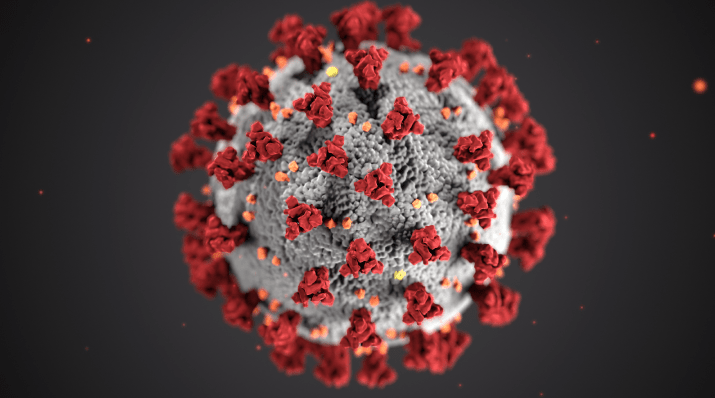
1. How is coronavirus spread?
Notwithstanding breathing in these small droplets, respiratory infections (counting SARS-CoV-2) can be shrunk by interacting with any surface defiled with the disease and contacting your face, particularly your mouth and the nose.
Also, even though we may not understand it, we are consistently contacting our appearances. An investigation by the University of New South Wales (Australia) uncovered that individuals reach our appearances around multiple times each hour.
The blend of boiling water (never cold) and soap takes out fats to hold microorganisms in our grasp.
The best method to keep up appropriate cleanliness and maintain a strategic distance from the spread of irresistible maladies is to wash your hands with soap and water. As far as concerns them, disinfectant gels likewise offer insurance against ailment causing microorganisms, particularly in circumstances where they don’t soap and water are accessible.
In like manner, it has been demonstrated viable in diminishing the number and sorts of microorganisms that can attack us.
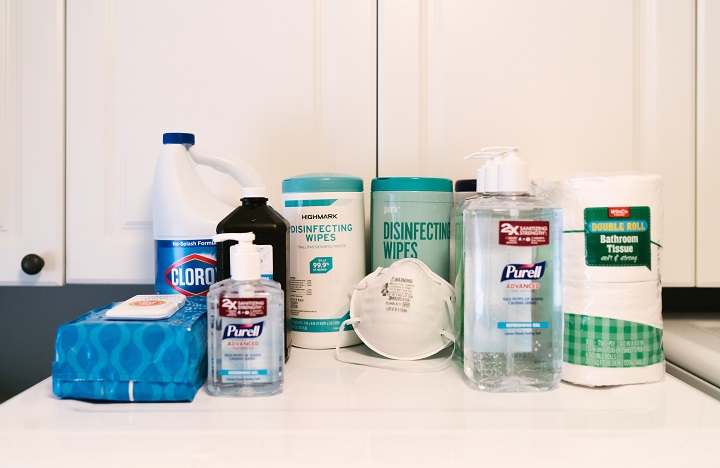 There are fundamentally two types of hand sanitizers: alcoholic and nonalcoholic. The previous contain different sorts (generally isopropanol, ethanol or n-propanol) and alcohol (somewhere in the range of 60 and 95%), an aggravate that can execute practically all germs.
There are fundamentally two types of hand sanitizers: alcoholic and nonalcoholic. The previous contain different sorts (generally isopropanol, ethanol or n-propanol) and alcohol (somewhere in the range of 60 and 95%), an aggravate that can execute practically all germs.
Nonalcoholic gels contain a compound called quaternary ammonium cation (generally benzalkonium chloride) to supplant alcohol. These can hinder the activity of microorganisms; however, they are less successful than alcohol.
The adequacy of alcohol hand sanitizers isn’t constrained to the disposal of numerous sorts of microorganisms, including MRSA and E. coli; however, they likewise neutralize various infections, for example, flu a virus, rhinovirus, hepatitis a disease, HIV, and Middle East respiratory disorder coronavirus (MERS-CoV).
2. Battling Virus infections
Alcohol assaults and obliterates the viral capsid that encompasses some infections, including the coronavirus. It is a central protein for the endurance and duplication of the disease.
For a hand sanitizer to execute a significant part of the infection, it must be at any rate 60% alcohol.
Gels that contain a lower rate have been seen as less successful in eliminating microscopic organisms and parasites, and are likely just equipped for hindering the development of germs instead of executing them altogether.
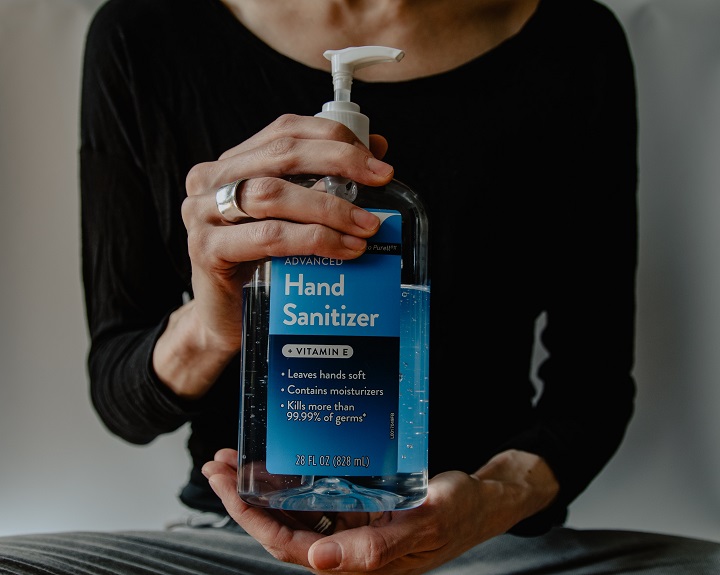 Indeed, even disinfectants containing 60% alcohol don’t ensure the end of a wide range of germs. Some examination has discovered that washing your hands is more viable than applying cleaning gels to killed norovirus, Cryptosporidium (a parasite that can cause loose bowels), and Clostridioides delicate (a microscopic organism that causes intestinal issues and the runs).
Indeed, even disinfectants containing 60% alcohol don’t ensure the end of a wide range of germs. Some examination has discovered that washing your hands is more viable than applying cleaning gels to killed norovirus, Cryptosporidium (a parasite that can cause loose bowels), and Clostridioides delicate (a microscopic organism that causes intestinal issues and the runs).
Seeing the shortage that describes this item nowadays, a few people have chosen to make their hand sanitizers. In this case, it ought to be noticed that these handcrafted gels may not be as viable as those found in shops and drug stores.
If you have grimy hands, washing with soap and water is more compelling than utilizing alcohol-based hand sanitizers.
The examinations completed show that the soap impact of soap and grinding is sufficient to decrease the measure of microorganisms that we house in our grasp, just as to wipe out the earth and the remaining parts of natural materials.
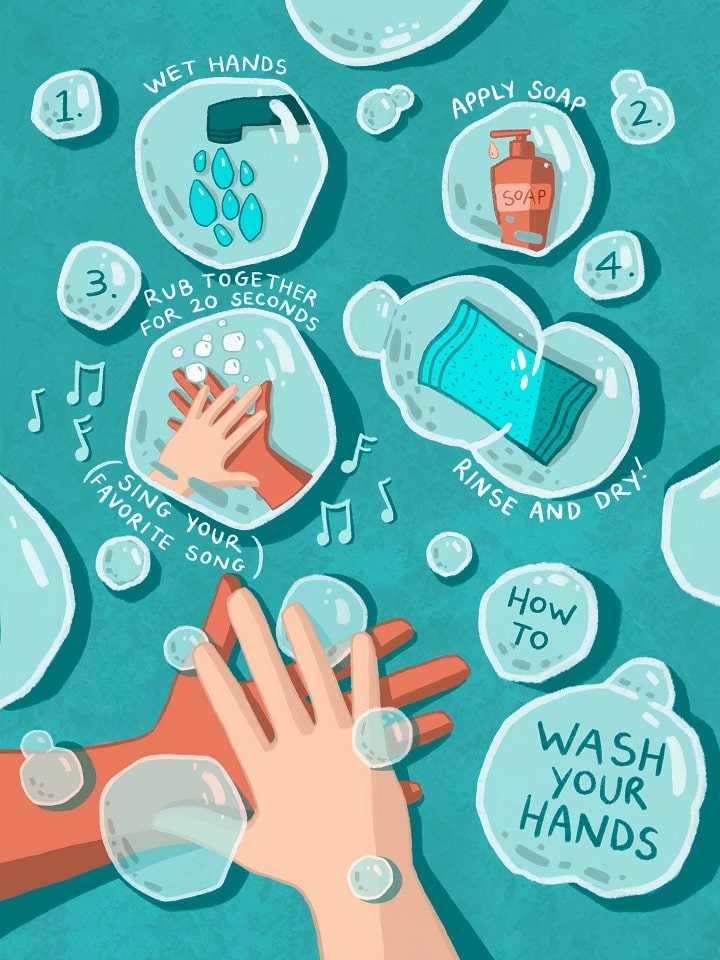 Sniffling or hacking into your hand takes something beyond a little gel to purify it. When the hands become polluted with mucosa, it goes about as a defender against microorganisms, and the disinfectant loses viability in these conditions.
Sniffling or hacking into your hand takes something beyond a little gel to purify it. When the hands become polluted with mucosa, it goes about as a defender against microorganisms, and the disinfectant loses viability in these conditions.
To put it plainly, the best and most dependable approach to forestall the coronavirus (and to limit the danger of contracting it) is to wash your hands with soap and water and abstain from contacting your face, however much as could reasonably be expected.
Regardless, hand sanitizers with, at any rate, 60% alcohol are viewed as a commonsense elective when you don’t approach soap and water.
If you utilize one of these gels, much the same as you would with soap and water, you should try to cover the whole surface of the hands (counting the hole between the fingers, wrists, palms, back, and nails) and rub during short 20 seconds to get an extensive cleaning.

